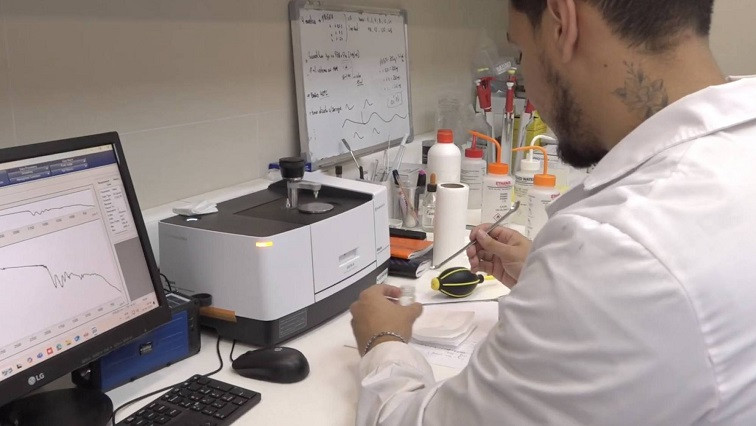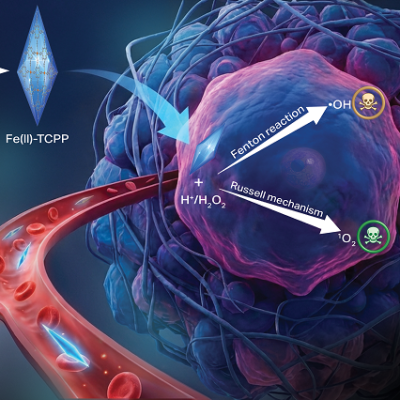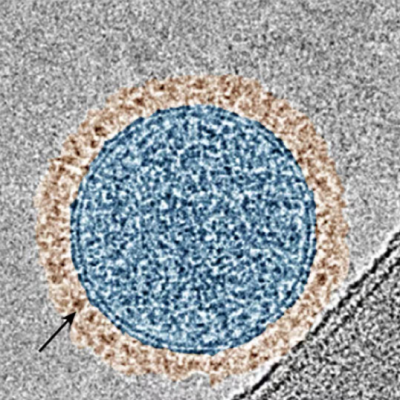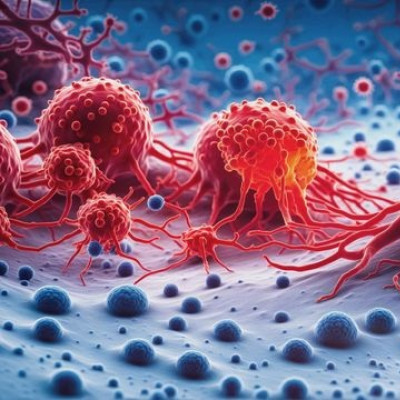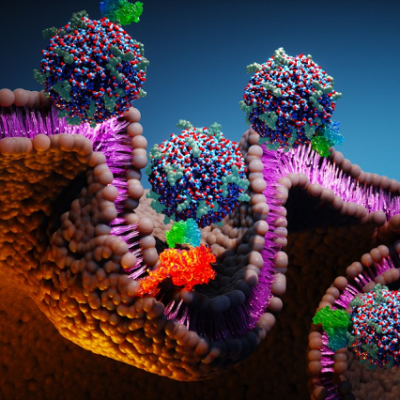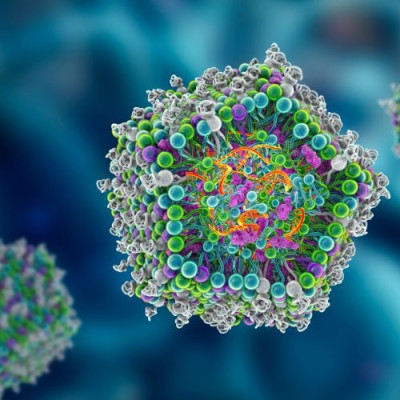For years, antibiotics have been the main solution for treating infections caused by bacteria, however, their excessive use has caused many of them to become resistant, making these drugs lose effectiveness. Today, according to experts, some diseases that were once easily cured can become difficult to treat.
To confront this issue, researchers from the University of Talca are developing a new alternative: nanoantibiotics. Unlike traditional antibiotics, these drugs are much smaller in size and are intended to be created from natural materials and nanotechnology.
"We are in the initial development of these nano-antibiotics, looking for natural sources, for example, in the bacteria themselves or in cellulose, which is a very abundant biomaterial, where we have already found quite interesting results", emphasized the researcher from the Department of Microbiology at UTalca, Esteban Durán.
The academic emphasized that natural products will always be more beneficial than synthetic materials in terms of biocompatibility since they cause less toxicity.
Another benefit, according to scientists, is that conventional antibiotics are distributed throughout the body when administered orally. However, nano-antibiotics can be targeted more precisely to the affected area, increasing their effectiveness and reducing side effects.
"We don't need to take as many doses as we do with antibiotics, which often we have to take every 8 hours. However, with this technology, it would be necessary to take it only once", he highlighted.
International Meeting
This study was presented during the meeting that brought together national and foreign researchers, with the aim of creating the international network BioNanoNet for the research and development of nanoantibiotics within the framework of the project for the Promotion of International Linkages (FOVI-Anid), driven by the University of Talca.
The academic stressed that nanoantibiotics represent a new era in medicine, helping to combat bacteria without generating resistance and improving the way infections are treated.
Read the original article on EntrepreNerd.

